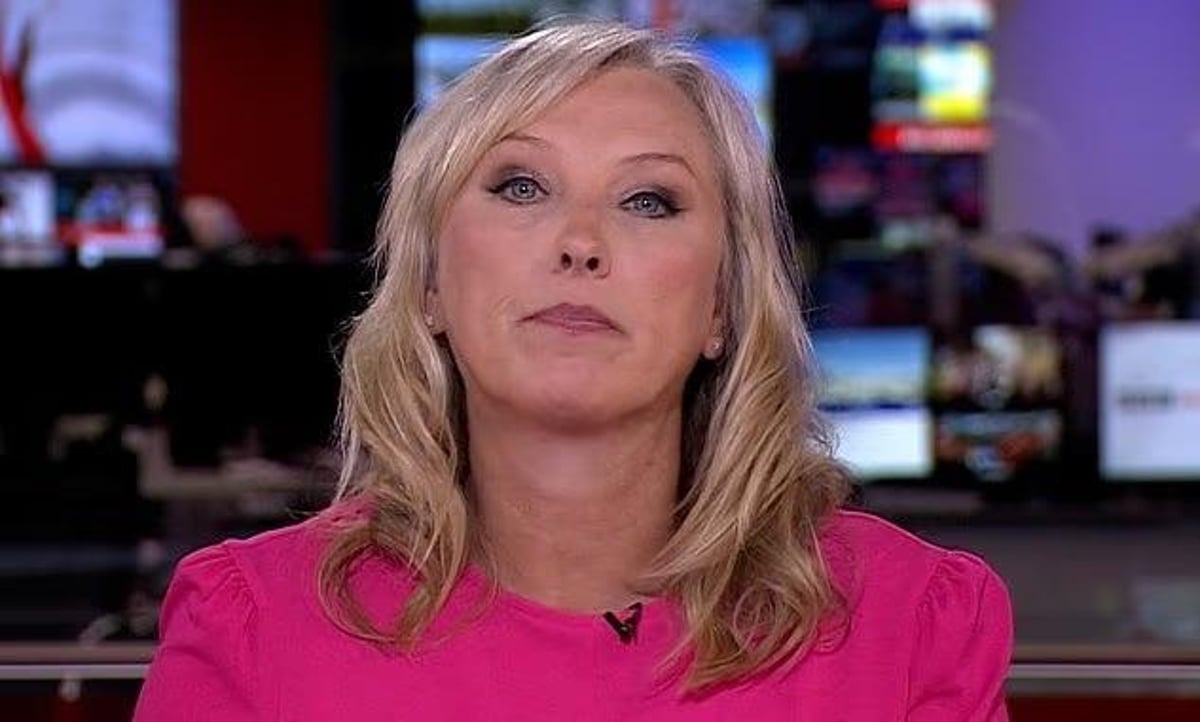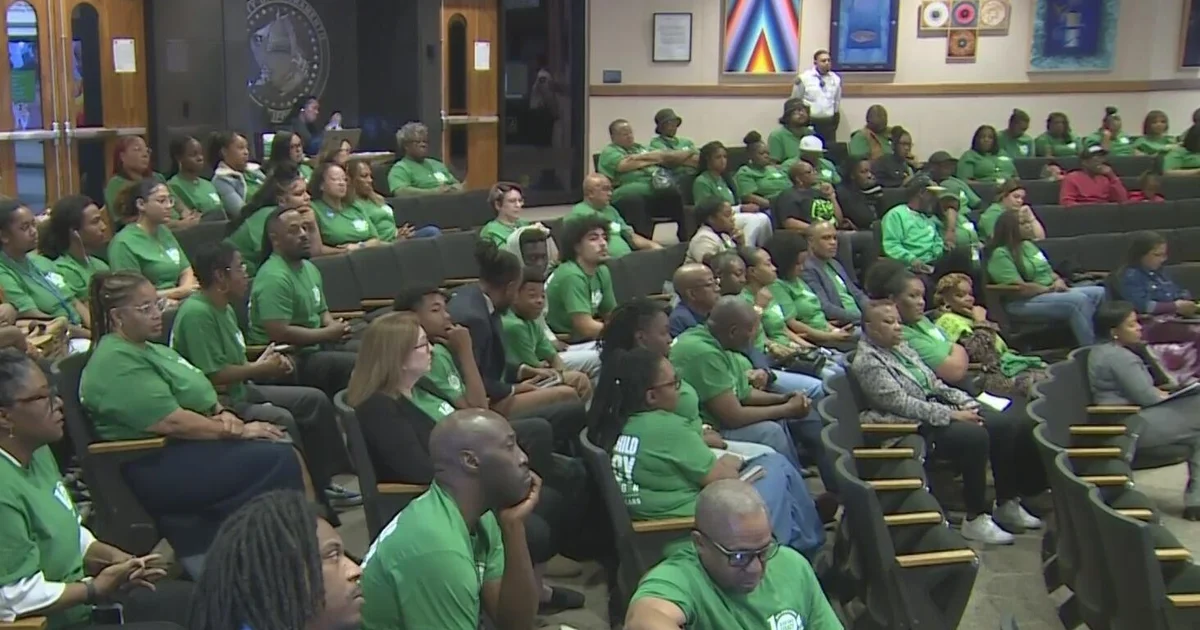Copyright newsletter

The Northern Irish campaigners were commenting on the case of newsreader Maxine Croxall, who made a facial expression after having to read the expression from a script during a live broadcast on the BBC’s 24-hour news channel (simply called BBC News) on June 21 this year. Ms Croxall followed the phrase up by adding: “Women.” The BBC has now chastised her following an investigation into the episode, sparked by 20 complaints. The term “pregnant people” is used by adherents of transgender ideology, who believe that men can also get pregnant. The term has been used by the Royal College of Nursing, the Royal College of Midwives, nursing trade union Unison, and various wings of the NHS, as well as a number of pro-choice groups in Northern Ireland. A similar term, “people who menstruate”, has been used by – among others – the SDLP, which brought forward a bill to Stormont in 2021 to provide free tampons in schools, universities, and health facilities to “all persons who need to use them”. Such language is derided by ‘gender-critical’ campaigners, who reject the idea that men have periods or conceive children. Summarising its investigation on Thursday, the BBC’s complaints unit said that Ms Croxall’s reaction to the phrase “pregnant people” had been “variously interpreted by complainants as showing disgust, ridicule, contempt or exasperation”. It went on to say that her facial expression “laid it open to the interpretation that it indicated a particular viewpoint in the controversies currently surrounding trans identity, and the congratulatory messages Ms Croxall later received on social media, together with the critical views expressed in the complaints to the BBC and elsewhere, tended to confirm that the impression of her having expressed a personal view was widely shared across the spectrum of opinion on the issue”. It concluded: “As giving the strong impression of expressing a personal view on a controversial matter, even if inadvertently, falls short of the BBC’s expectations of its presenters and journalists in relation to impartiality, [we have] upheld the complaints.” Responding to the findings was Fiona McAnena, director of campaigns at the gender-critical charity Sex Matters. Ms McAnena, who hails from Londonderry city and is currently headquartered in London, said: “The activist term ‘pregnant people’ should never have been in the news bulletin to begin with, so it is outrageous that BBC is penalising Martine Croxall for her understandable frustration. "Only women can be pregnant. BBC audiences know this fact of life, and BBC bosses do too, so their punishment of Croxall looks like more chilling proof of their apparent willingness to put ideology before independent reporting. "With all that has been exposed in recent days, some may wonder why journalists at the BBC aren’t doing more to combat the indoctrination across the organisation. "When this is the consequence for even high-profile employees such as Croxall, it’s little wonder that others aren’t willing to take the risk.” Meanwhile the Women's Rights Network Northern Ireland told the News Letter: “The BBC news team has duty as our public broadcaster to maintain neutrality and impartiality while informing the public. "It is not a neutral act to talk about ‘pregnant people’. "What was written on the teleprompter script was the source of the controversy, not the correction by the journalist to ‘pregnant women’. "Martine Croxall was clearly taken by surprise and rightly offended by the language used. Language that denigrates and effectively erases women. “In a week where the BBC has been publicly shamed for its biased reporting and activist staff, this is shocking. "Only in recent months has the BBC spoken to us about issues that affect women here and while we appreciate that engagement we cant forget the correction issued by ‘The State of Us podcast’ and other BBC programmes that have inaccurately portrayed issues around single-sex provisions and protections for women while only listening to activists’ voices and ignoring the voices of women." When this criticism was put to it, the BBC said it had nothing further to add.



